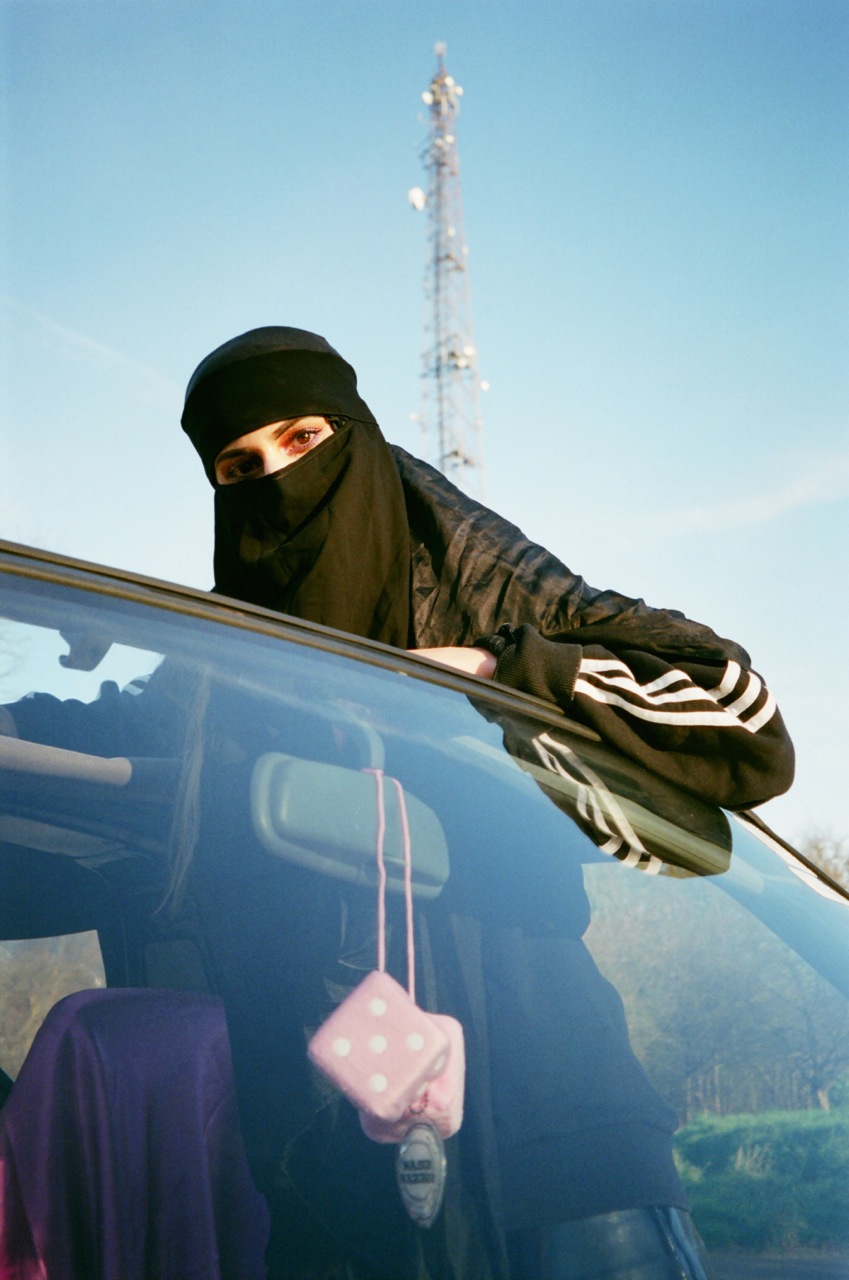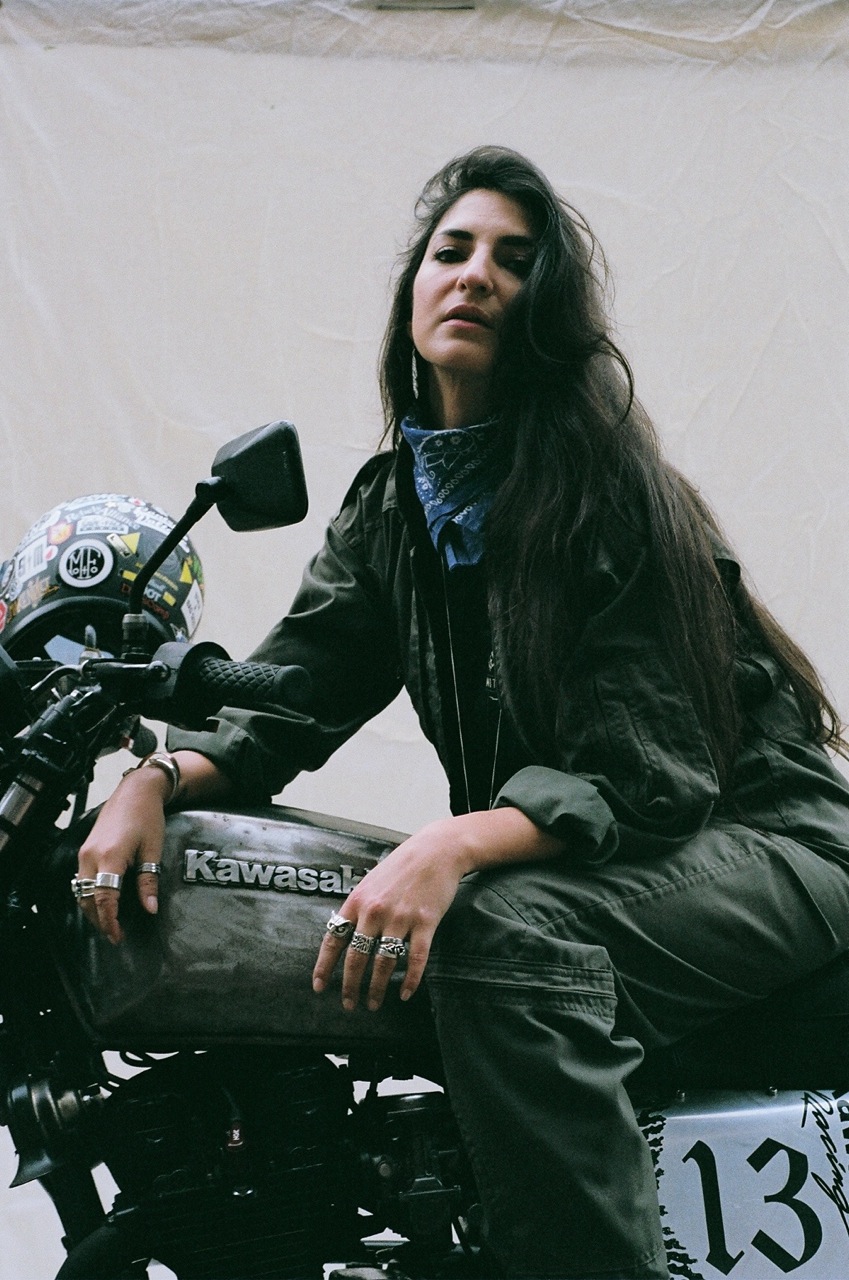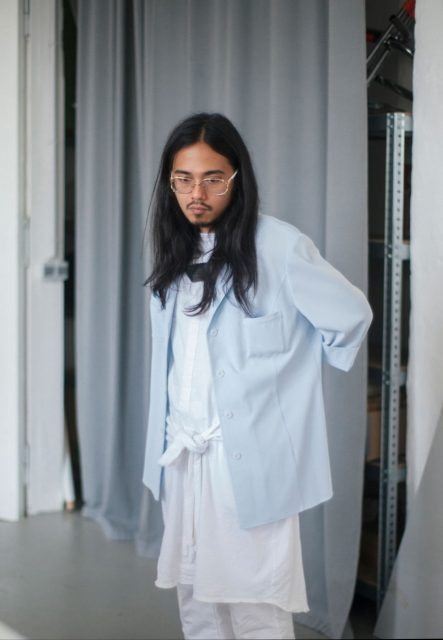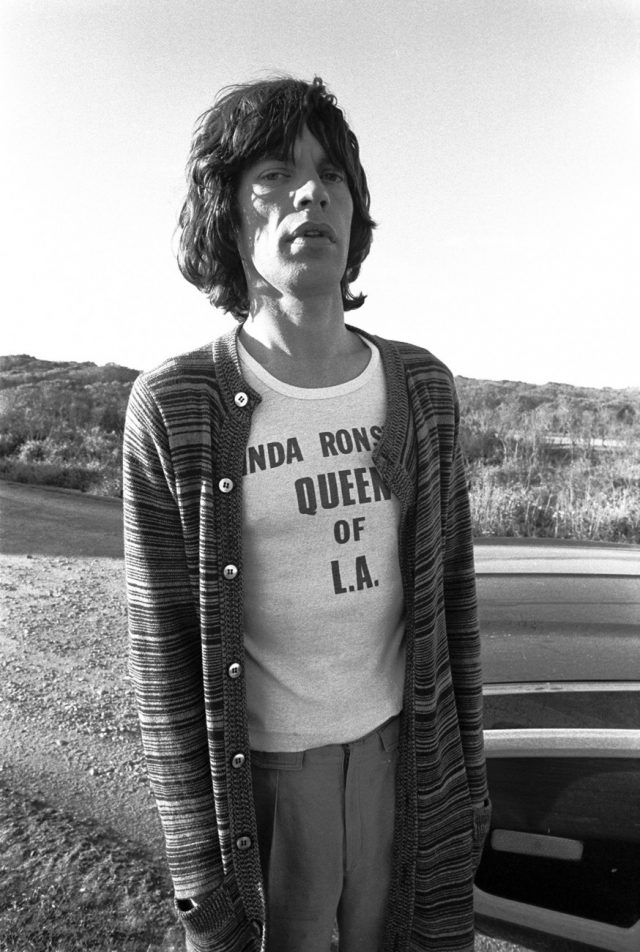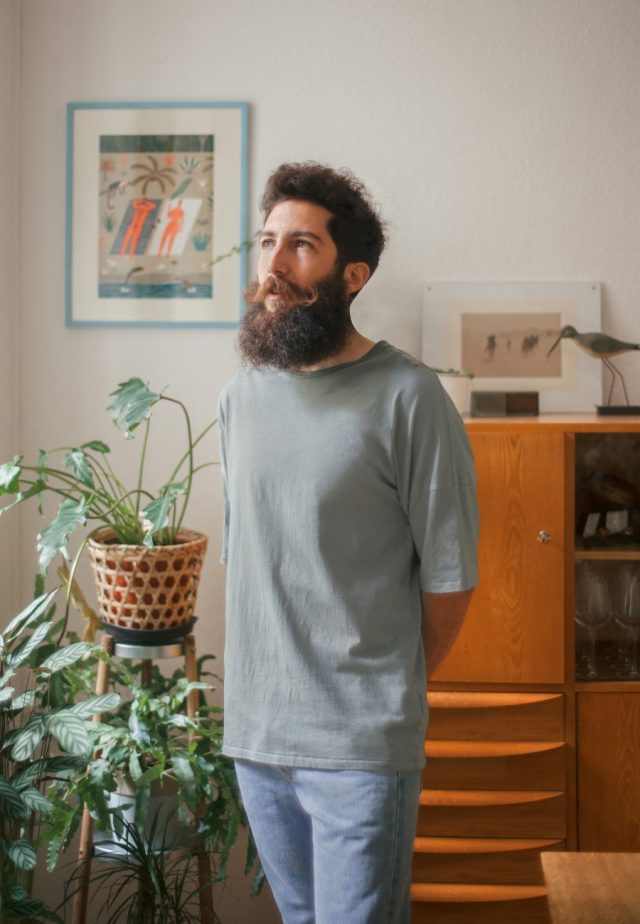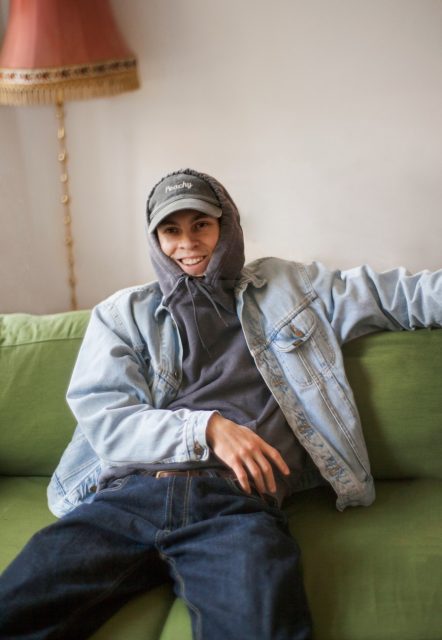AZEEMA is an independent magazine inspired by the lack of representation of woman of colour in fashion. The first issue was launched in May this year and is a stirring collection of stories exploring the display and disguise of the body with regards to visual identity, resistance, and sexuality in Middle Eastern and North African culture; an effort to confront stereotyped beauty-ideals and a conversation about female empowerment that critically counters patriarchal subjugation, but also reconciles heritage with subculture; henna art and hijabs with motorcycles and skateboards… Leafing through the Habibi issue, you’ll find Emirati Banat Collective’s “Feministo”, interviews with moto-rider Kiki Azim, director Nadira Amrani, skater Leila Afgan, and numerous fashion editorials as captured by the compelling lens of Jameela Elfaki, editor and driving force behind the novel publication.
Soulmade is an online destination for Designers, Artist, and their stories with a special focus on heritage and crafts exteneding far beyond the empty buzzwords and trends that we’re bombarded with in our everyday lives. In conversation with Soulmade’s Magazine, Jameela discusses fashion, taboos and her future plans….
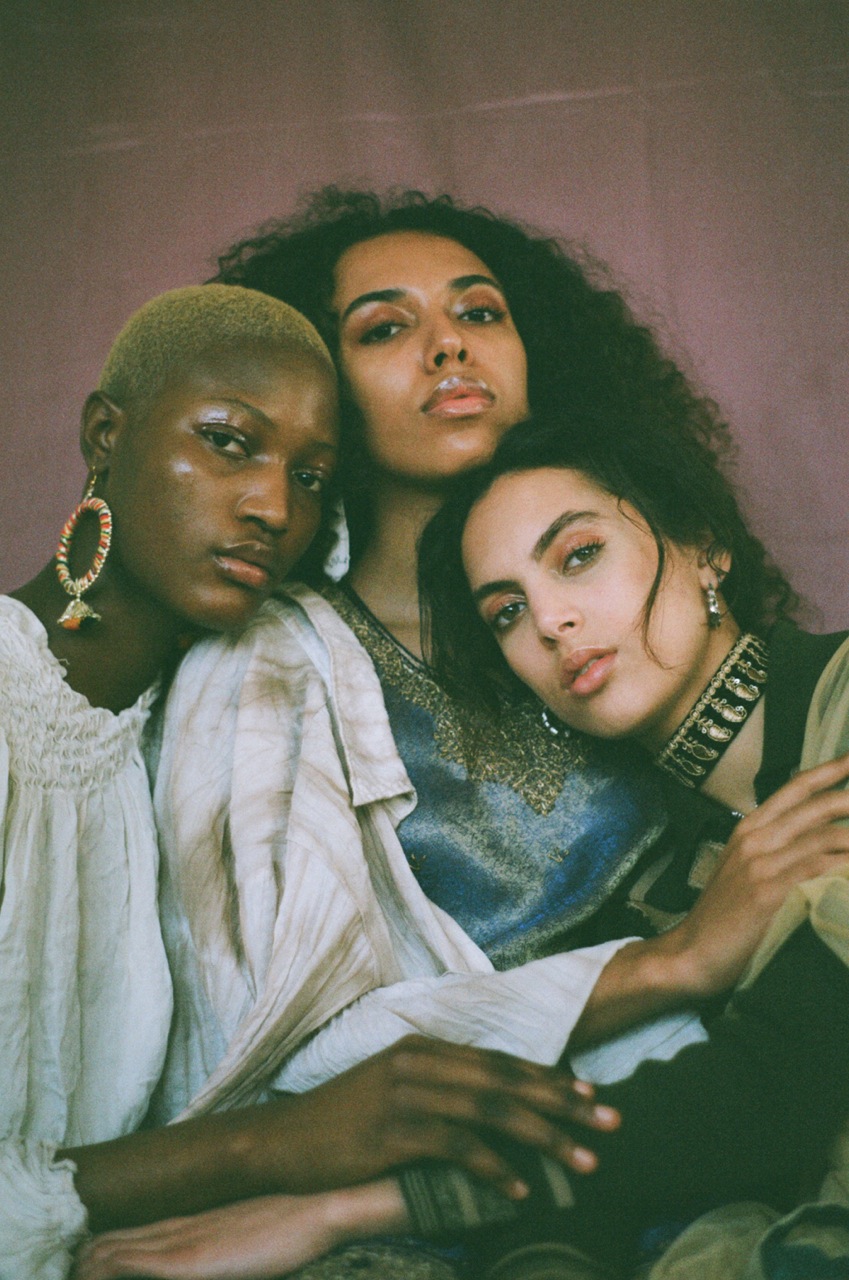
Photography – Jameela Elfaki; Models – Mopesola / Nii, Abbie / PRM, Helene / Nevs; Make-up – Sunayah Arshad; Photo Assistant – Raina Salim
Half English, half Sudanese, Jameela studied Fashion Communication and Promotion at Central Saint Martins and discovered her love for photography and publishing during her placement year at DAZED. Her ambition to channel other Arab and African women’s experiences into one strong voice comes from a very personal place and represents the desire to rectify the biased, often frightening image of the MENA regions as painted by the media.
What do you treasure most about your Islamic background and Sudanese heritage?
I appreciate the feeling of being connected to something that is bigger than myself. I’m of dual heritage, so I treasure the mix of two very different cultures coming together.

Photography – Jameela Elfaki; Model – Nigar Kana; Styling – Ella Lucia; Make-up – Gabriella Floyd; Photo Assistant – Hilda Raina
In your opinion and experience, what distinguishes Middle Eastern and North African women’s fashion sensitivity?
Fashion sensitivity will be different according to your beliefs and surroundings. We can all learn from each other, there is no right or wrong way, just different.
Do you remember the first time you were bothered or offended by the industry’s one-sided beauty ideal? Did you ever feel self-conscious in, or restricted by, Western fashion habits?
I used to model when I was younger, and in some of the castings I was sent to and put forward for, the clients weren’t interested in girls of colour at all. It made me feel like there was something wrong with me, or that I wasn’t good enough. What bothered me – and still bothers me – in Western fashion and beauty is the lack of awareness and understanding towards black hair and body shapes.
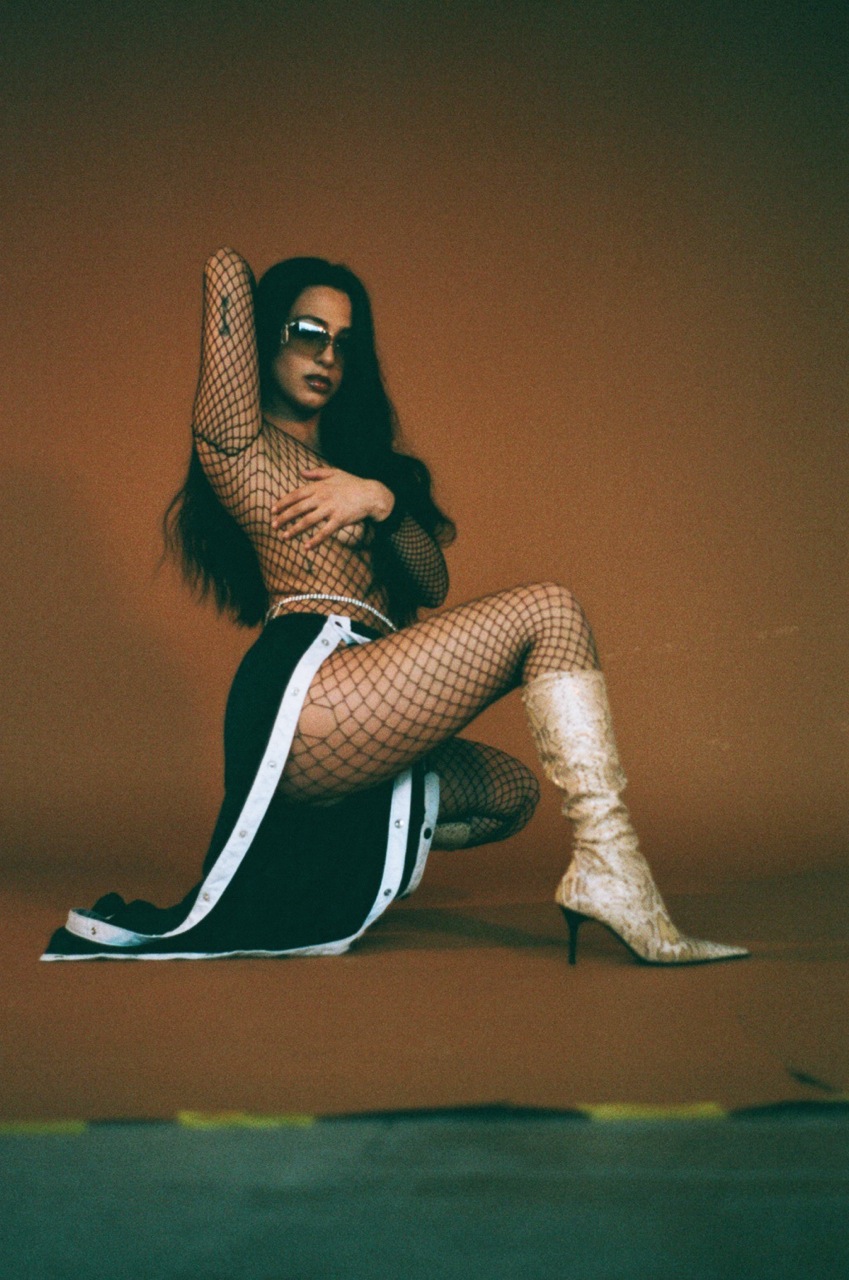
Photography – Jameela Elfaki; Model – Nadine Artois; Styling – Valeria Chrampani; Photo Assistant – Hilda Raina
It is certainly wonderful to witness young women like you challenge society’s unrealistic beauty standards. In your opinion, which measures should be implemented by influential companies in the fashion industry to foster diversity on a larger scale?
Diversity isn’t a trend or a fashion phase. Diversity isn’t exotic. It is something that should be recognized and acknowledged as a necessity. The fashion industry and certain brands need to adopt a more knowledgeable approach when it comes to who buys their products and make sure that they’re catering to all audiences.
How can fashion help woman cultivate a healthier relationship with their body type, skin color, and sexuality?
Simply by promoting healthier ideals! Fashion is already all around us, and we are constantly overwhelmed by campaigns, adverts, and fashion weeks. All these platforms have an incredible reach and influence on us…
Which cultural or gender related fashion-stereotype are you bothered by the most?
The comparisons that are being made between the Muslim or Arab women who choose to wear the hijab or niqab, versus the Muslim or Arab women who don’t. Oppression is still associated with the hijab – we need to break this taboo down.

Photography – Jameela Elfaki; Henna Art – Isna Henna; Model – Josie Sidhu / Nii; Make-up – Sunayah Arshad; Photo Assistant – Hilda Raina
Some editorials, like “Borders”, have a strong documentary allure. How did you go about styling? Did you encounter any difficulties with regards to censorship or rights?
The styling was quite DIY, mixing Western styles and Middle Eastern ones. No, not really as we purposely shot in a quiet location, we did get a few looks though!
What is on your list of goals for the future?
To continue with AZEEMA and watch it grow as a magazine and collective! I also want to grow as a photographer and experience more of the world.
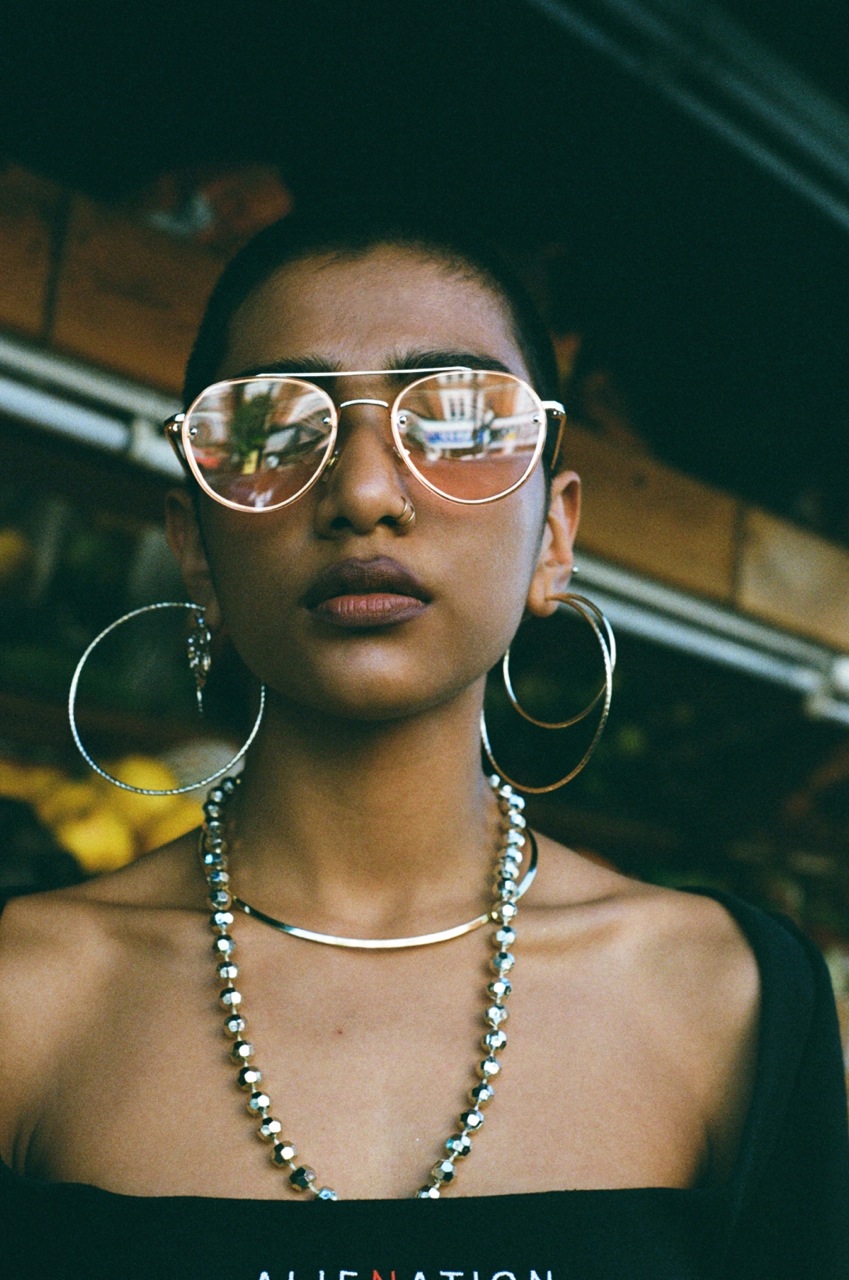
Photography – Jameela Elfaki; Model – Ash Appadu; Styling – Ella Lucia
